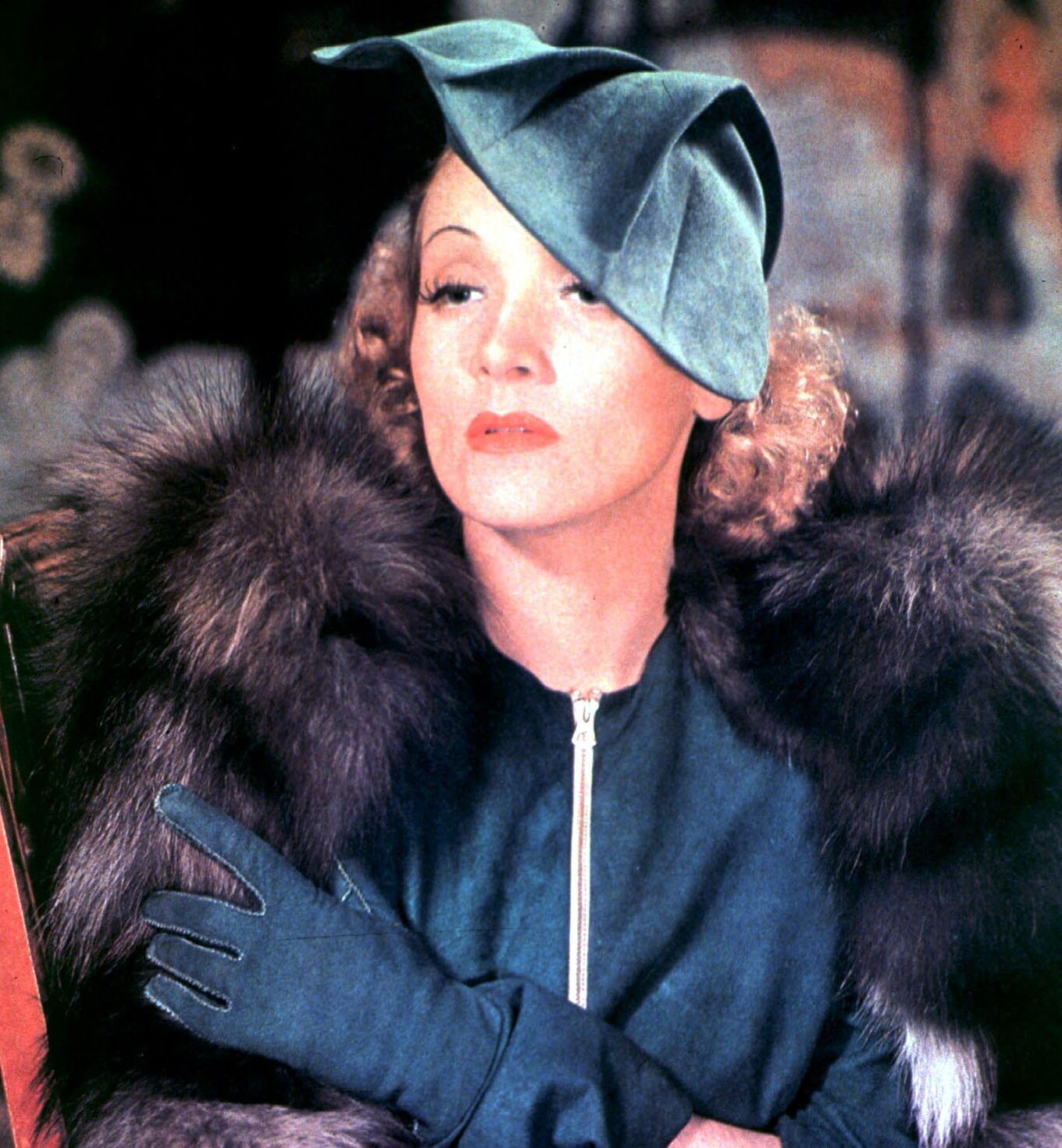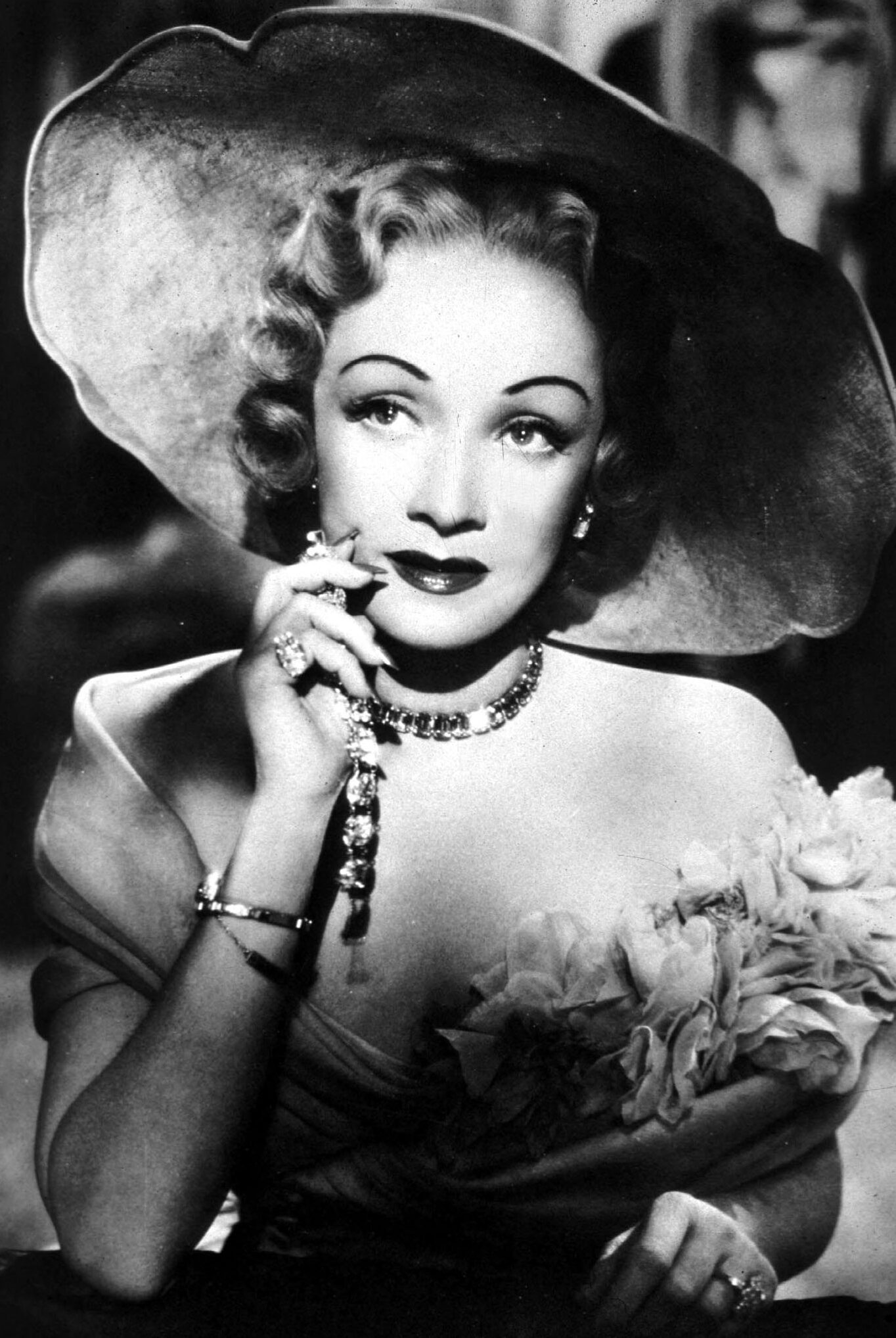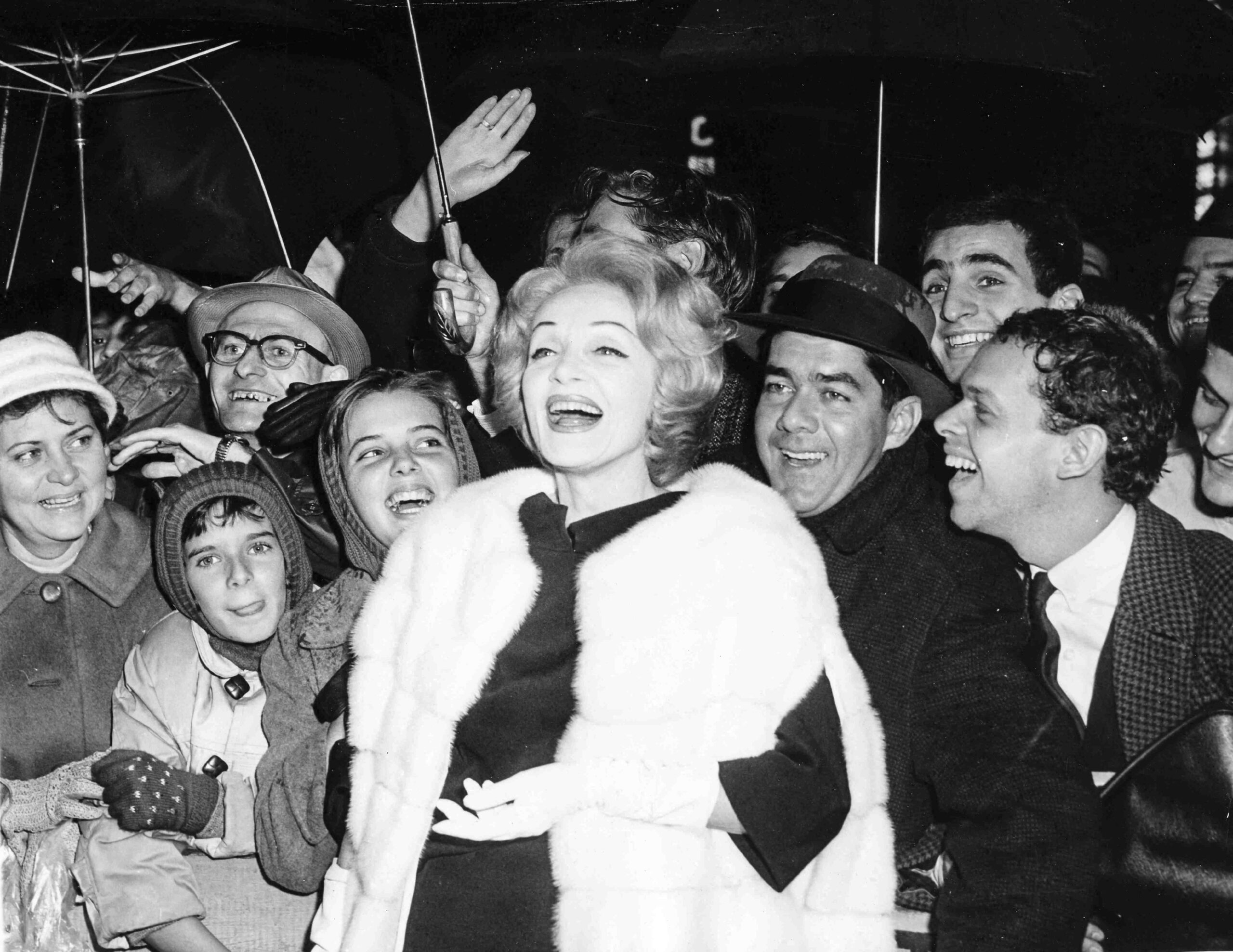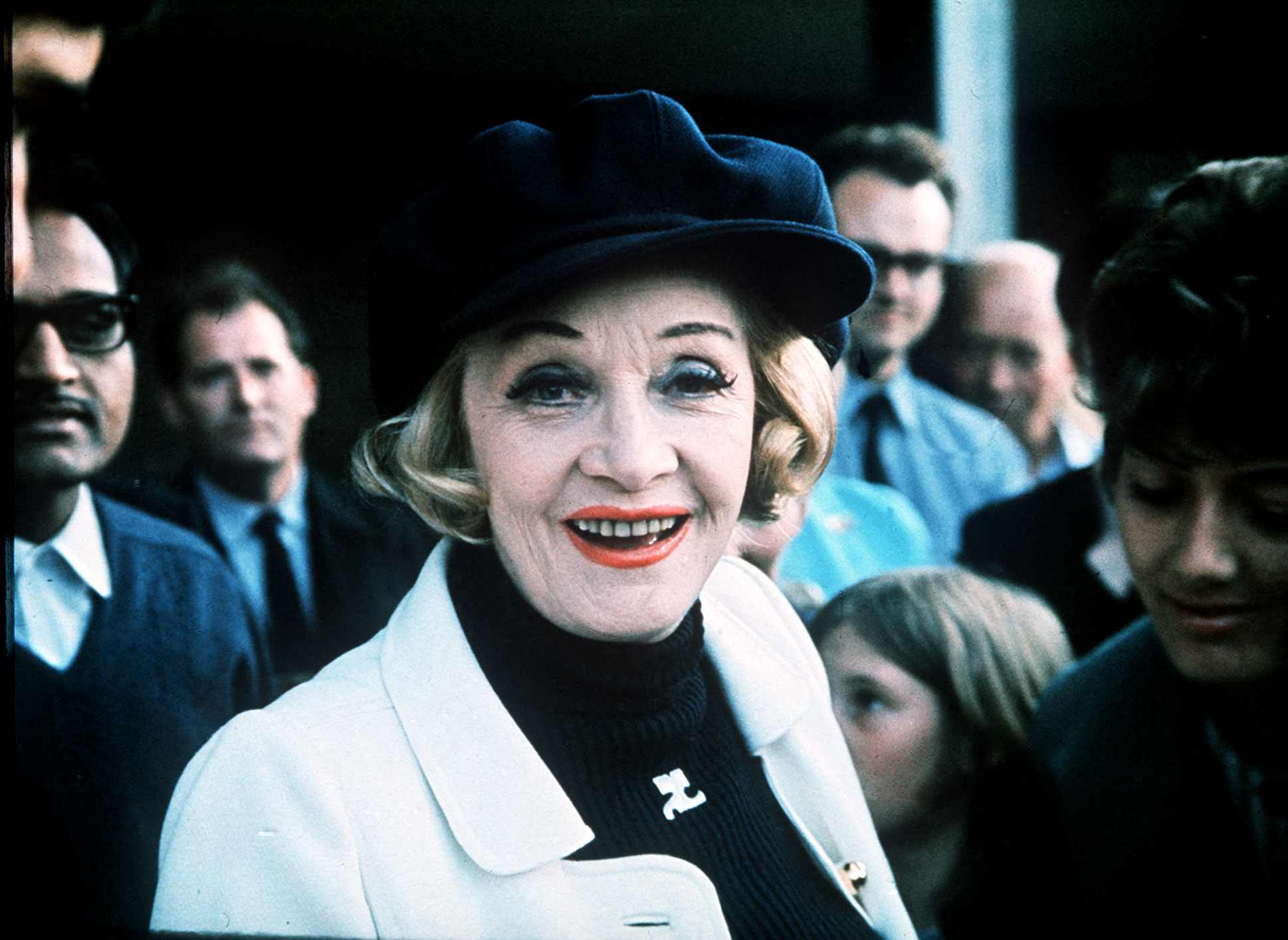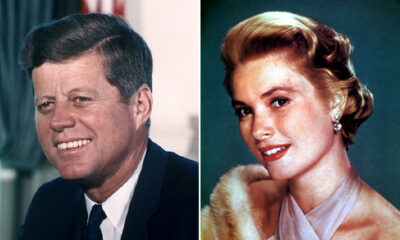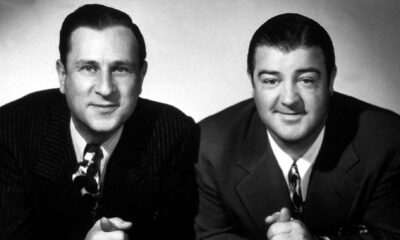-

 Entertainment3 weeks ago
Entertainment3 weeks agoInside The American President: White House Set Secrets, Hidden Cameos, and Casting Shakeups
-

 Celebrity News3 weeks ago
Celebrity News3 weeks agoKevin Costner Honors the Spirit of John Wayne With Horizon — A Lifetime Dream Forged in Faith, Freedom, and Fierce Storytelling
-

 Entertainment1 week ago
Entertainment1 week agoFrom Park To Premiere: Movies That Started Out As Disney Rides
-
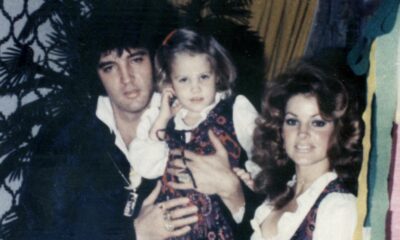
 Celebrity News3 weeks ago
Celebrity News3 weeks agoElvis Presley’s Generosity Was as Legendary as His Music — From Personal Gifts to Secret Donations
-

 Celebrity News1 week ago
Celebrity News1 week agoJoseph Baena Flexing His Way To Stardom While Honoring Dad Arnold Schwarzenegger
-
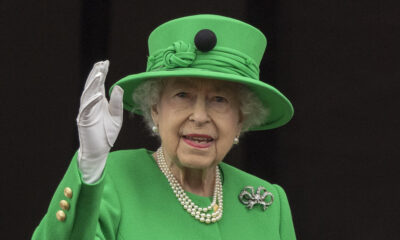
 Celebrity News5 days ago
Celebrity News5 days agoQueen Elizabeth’s Deepest Regret Was Missing Prince Philip’s Final Moments
-

 Celebrity News2 weeks ago
Celebrity News2 weeks agoJoan Collins Proves Elegance Has No Age Limit in Showstopping Return to London
-
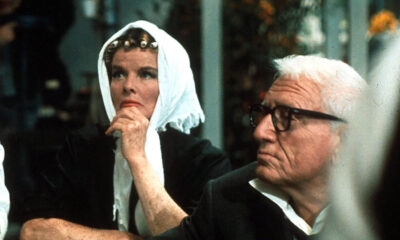
 Entertainment2 weeks ago
Entertainment2 weeks agoKatharine Hepburn’s Heartbreaking Letter to Spencer Tracy Still Moves Fans Decades Later
Connect with us

